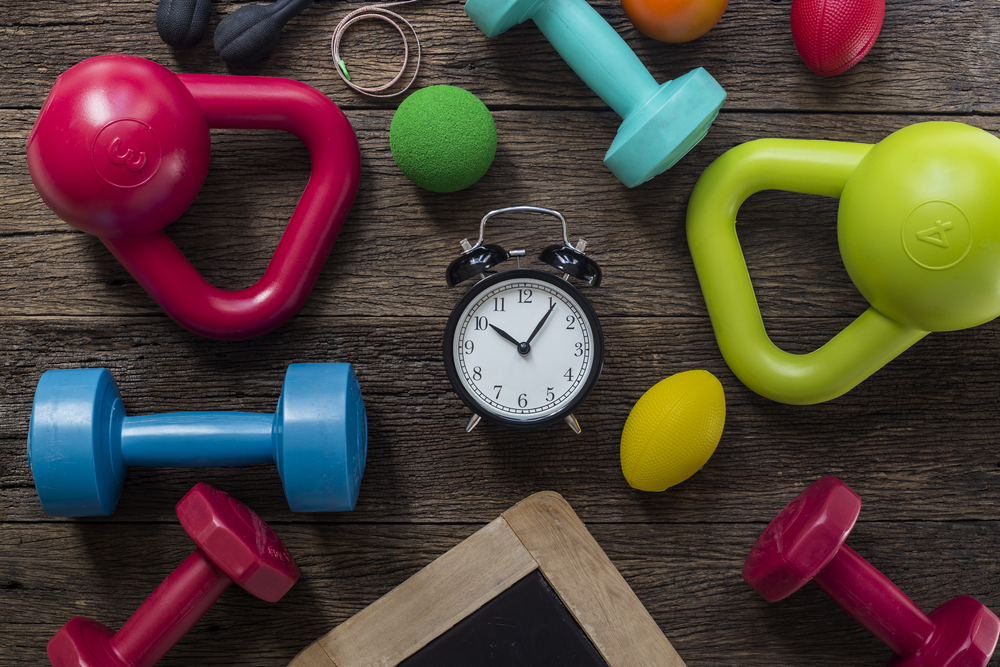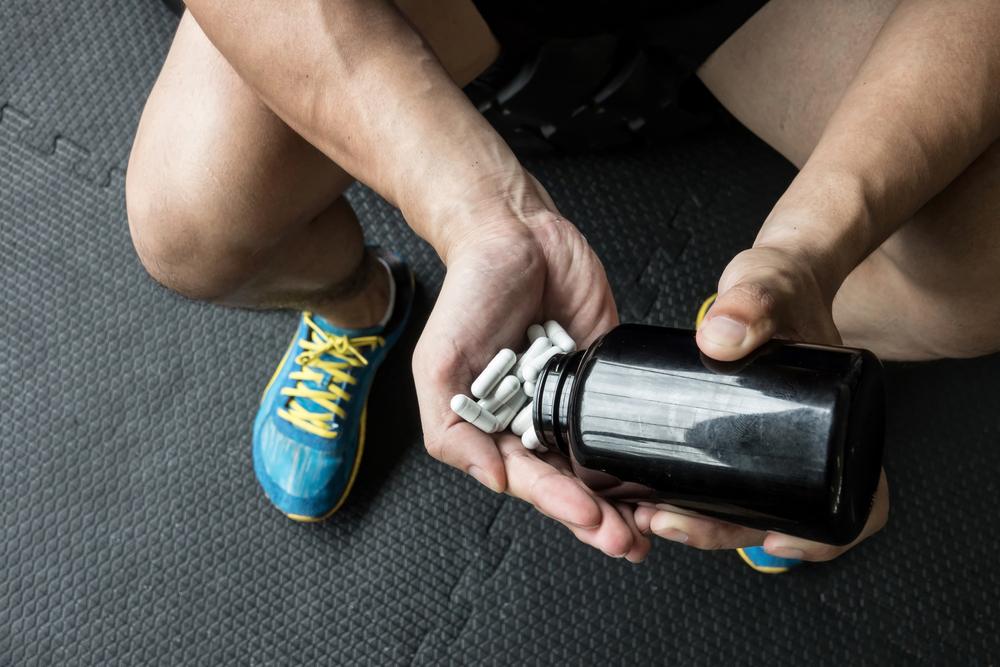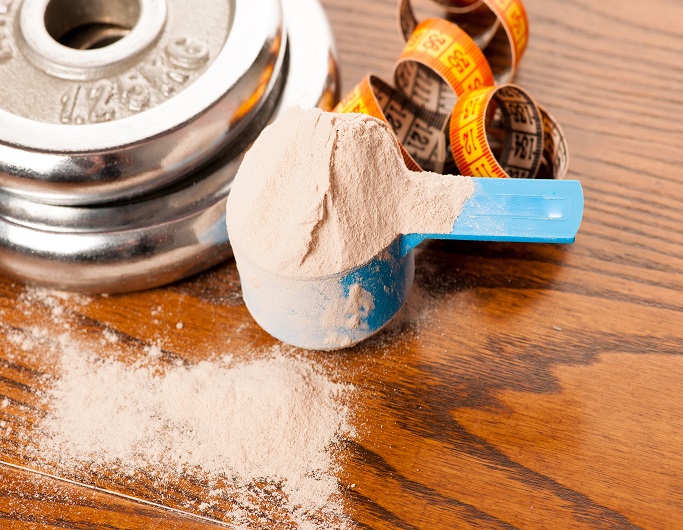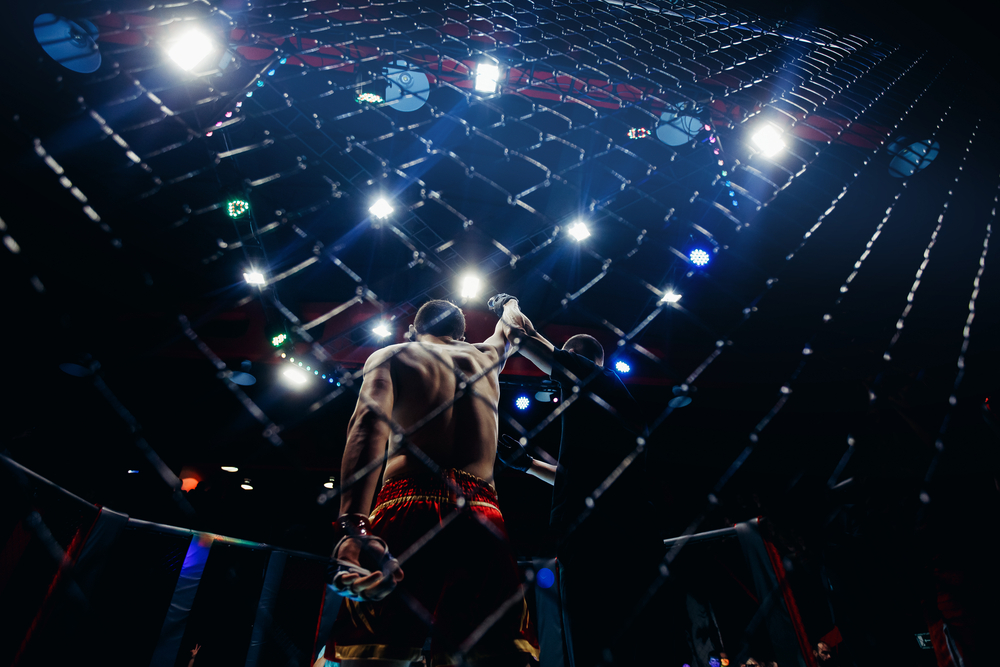
When Is The Best Time To Take Caffeine?
The best time to drink caffeine is a subjective topic. If you already drink coffee, tea or any other drink that has caffeine in it, the answer for you will vary. Also bear in mind that you can build a resistance to the effects of caffeine. Cutting intake of caffeine for a week every three months or so is a good idea. Your sensitivity when you begin again will mean you can get the best of caffeine‘s physiological effects!
Caffeine for Weight Training
Taking 200mg of caffeine about thirty minutes to an hour before weight training is advisable. Caffeine is a diuretic (it makes you pass water quicker), so you should make sure that you are drinking water regularly before, during and after training. If you are building a resistance to caffeine and not feeling the effect, going up to 400mg is OK, but do this sparingly. If you hit a 400mg dose of caffeine, make sure you are not drinking liquid forms of caffeine like tea and coffee regularly on training days.
Caffeine for Cardio
Taking caffeine to enhance performance depends on what kind of cardio you are doing. High intensity cardio will already push your heartrate, so the last thing you want is to increase that with caffeine. However, low intensity steady cardio (like a jog) will be fine. 200mg of caffeine again is the recommended dose, but only if you haven’t hit the 400mg ceiling for your day. Ideally, look to avoid drinking coffee, tea or other caffeinated drinks during training days if you are taking caffeine supplements alongside your daily routine.
Combining Caffeine Intake
It is fine to take 400mg of caffeine right at the start of your training if you are combining weights and cardio. Make sure you do your weight training first and cardio second. This will allow you to benefit from the increased pain threshold and mental focus caffeine can provide whilst lifting, and the slow comedown while dealing with your steady cardio. If you are not doing steady cardio, then cut the combined intake in half. High intensity cardio doesn’t need another reason to spike your heartrat and caffeine does just that.
Caffeine Intake on Rest Days
On your days off from training, you have options. If you do not drink coffee or tea, taking 200mg of caffeine thirty to sixty minutes before breakfast will help. Do the same thirty to sixty minutes before lunch. Bear in mind that one cup of coffee has around 90-100mg of caffeine in it. Your daily intake of caffeine shouldn’t go above 400mg.







No Comments yet!